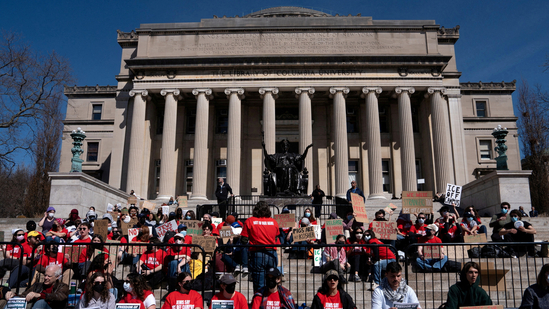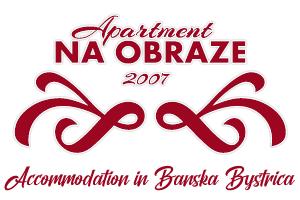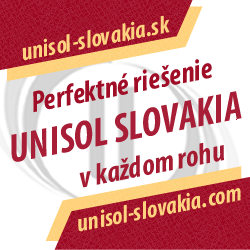The recent decision by Columbia University to implement a mask ban and extend campus police powers has ignited substantial attention and debate within academic circles, highlighting the delicate balance between government influence and the principle of academic freedom. This action comes in response to demands from the Trump administration, which had previously frozen $400 million in federal funding to the institution, prompting a reassessment of policies to secure financial support.
In a statement, Columbia University emphasized the importance of freedom of expression as a cornerstone of its academic mission, underscoring that such freedom fosters rigorous debate and inquiry essential to higher education. The university articulated its commitment to maintaining an environment conducive to scholarly activities and dialogue.
However, the administration noted that certain activities, such as demonstrations and protests within academic buildings, pose a significant challenge to the university’s core objectives. Columbia expressed concern that such disruptions could hinder the academic pursuits that are foundational to its mission, leading to a careful evaluation of how to balance safety and order with the right to free expression.
As this situation unfolds, it continues to raise critical questions among educators, scholars, and policymakers about the implications of government intervention in academic governance and the potential repercussions on the integrity of academic institutions. The dialogue surrounding this issue underscores the ongoing struggle to maintain a healthy academic environment while navigating external pressures.







